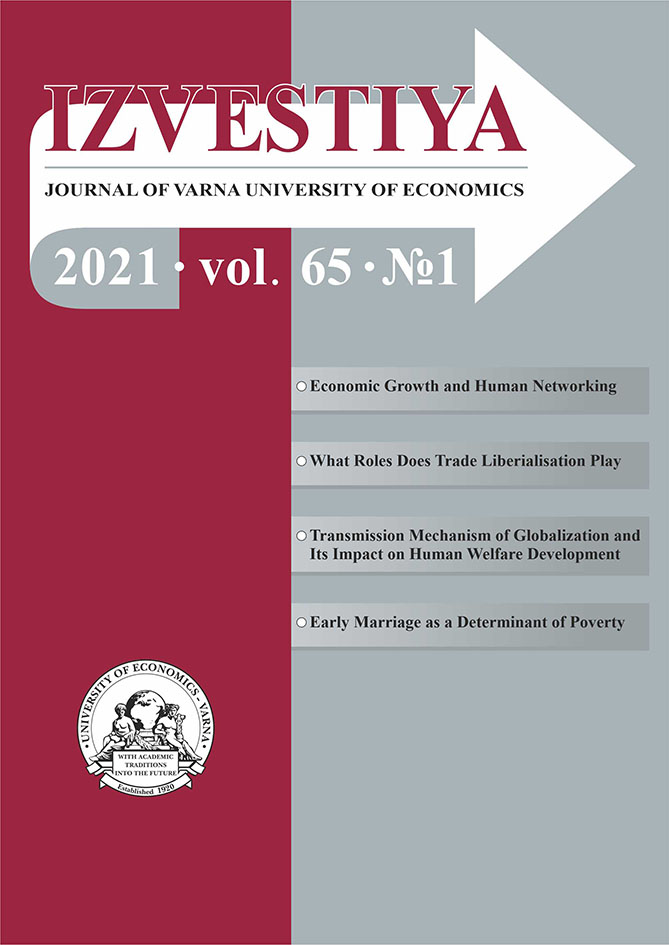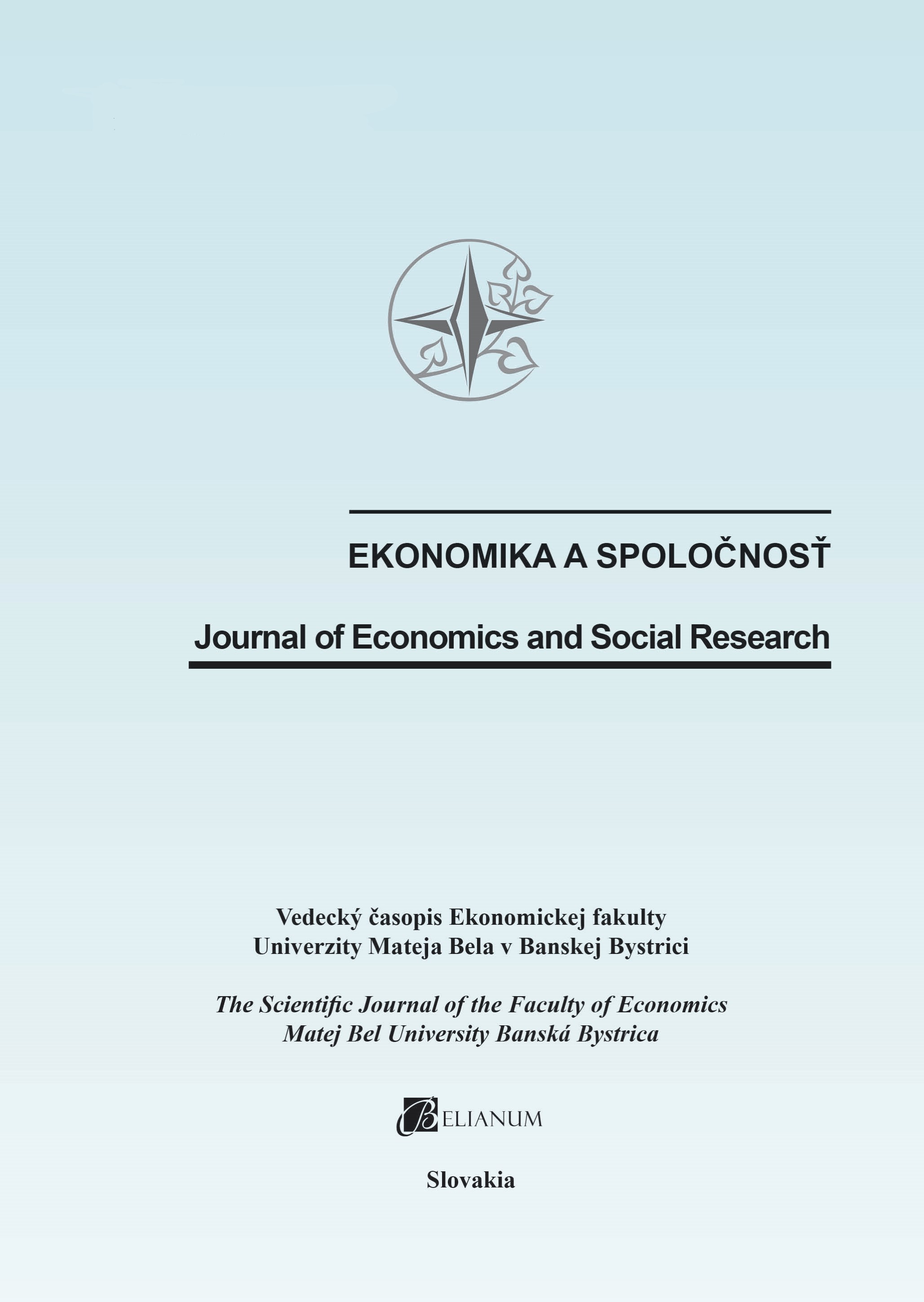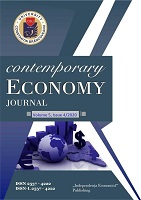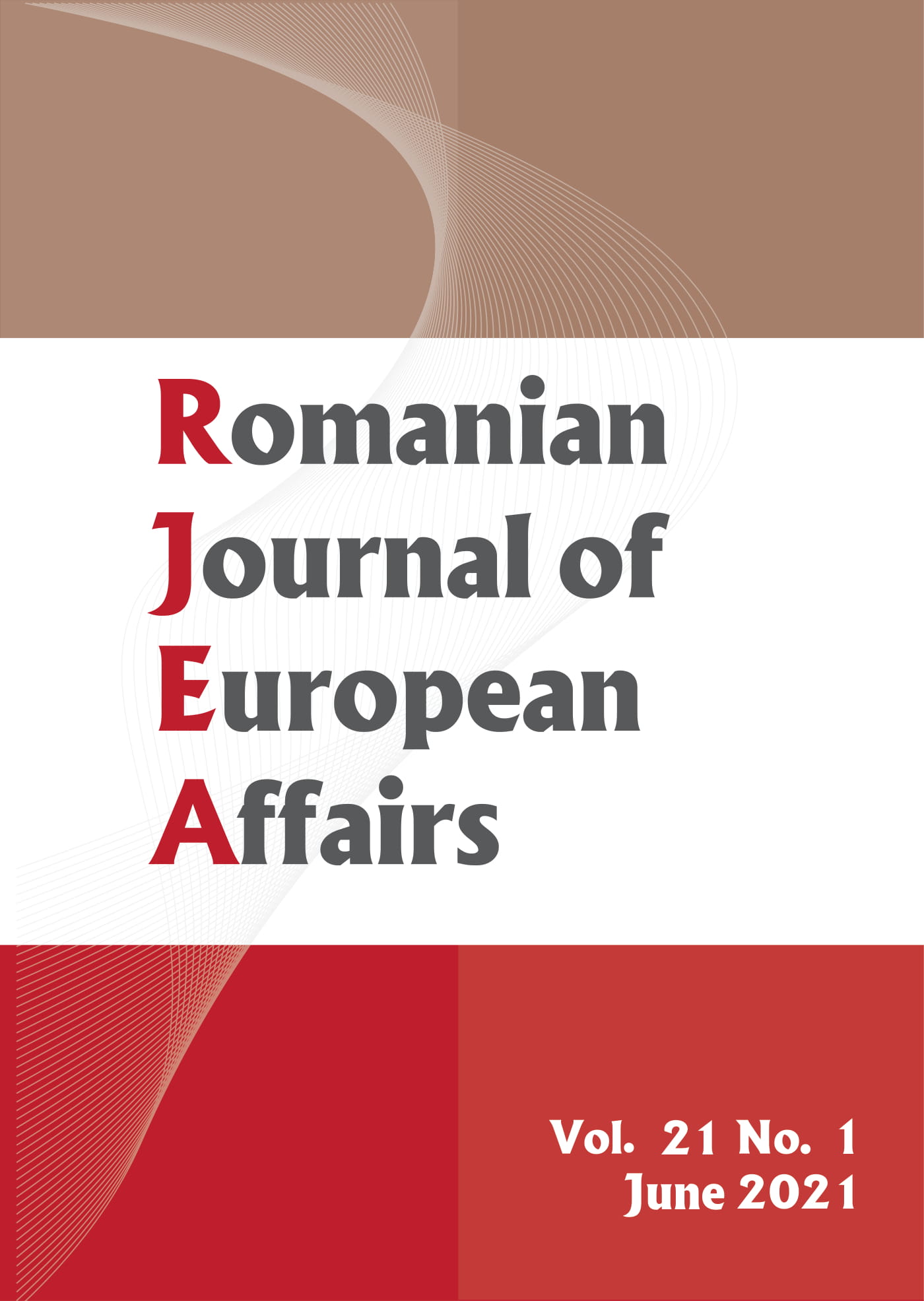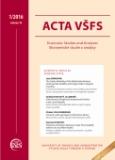Stopa oszczędności gospodarstw domowych — różnice w ujęciu mikro- i makroekonomicznym
The article discusses the method of calculating the rate of household savings based on data from sample survey of household budgets and data from the national accounts (household sector). Significant differences in the values of saving rates calculated in both approach in years 2007–2011 were observed. Selected data items affecting the formation of savings category in both approaches were analyzed. Among the possible causes of differences in saving rates the following were discussed: limited ability of some households to separate the consumer and the production functions, taking into account income adjustment for the change in net equity of households in pension fund reserves as well as differences in the share of expenditure of significant items affecting this category. The goal of discussion is to propose changes in method or definition leading to alignment the value of the saving rates at the micro- and macro-economic scale.
More...

